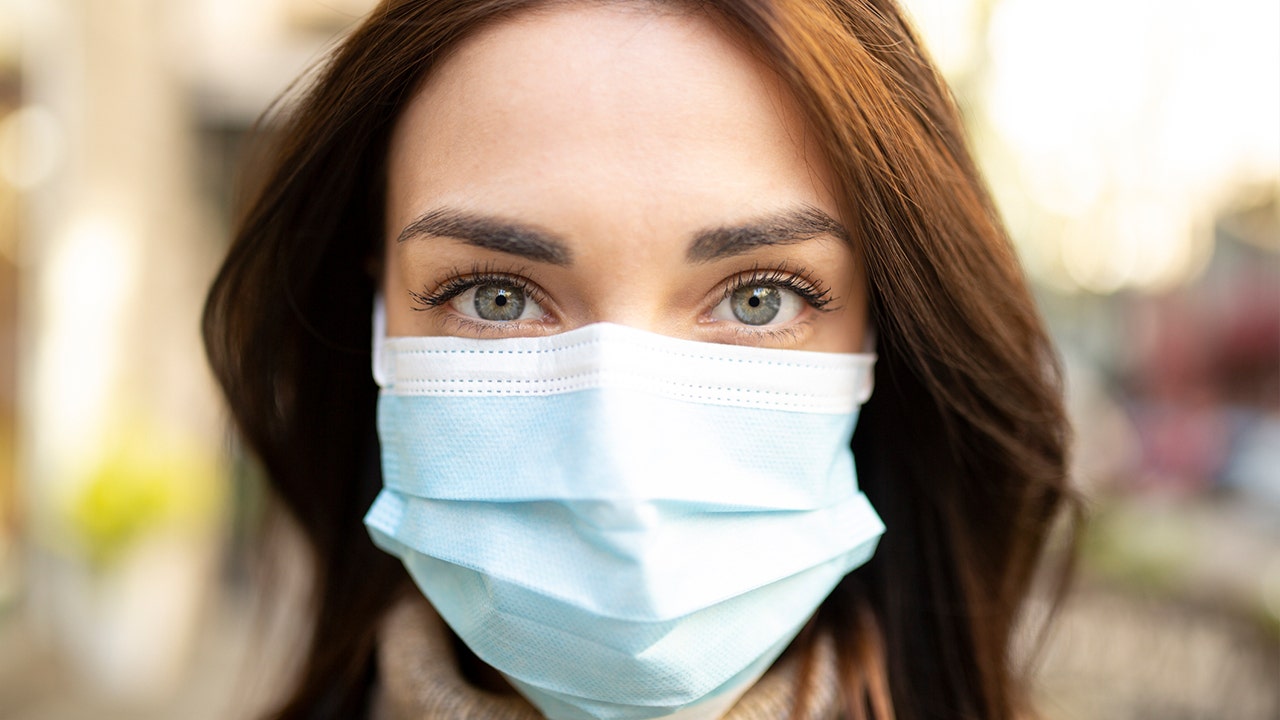5 years after COVID, Americans are split on whether it’s still a threat

As we approach the five-year mark since the onset of the COVID-19 pandemic, Pew Research Center conducted a survey to gauge Americans’ views on the current COVID risk and how the pandemic was handled. The results of the survey revealed some interesting insights into the public perception of COVID-19 and its impact.
According to the survey, around 21% of respondents still consider COVID-19 to be a “major threat” to the health of the U.S. population, a significant decrease from 67% in July 2020. This shift in perception reflects the changing landscape of the pandemic and the ongoing efforts to control the spread of the virus.
Despite this decrease in perceived threat, more than half (56%) of Americans still believe that COVID-19 is a cause for concern. However, 39% of respondents feel that people do not take the virus seriously enough, highlighting a divide in public opinion on the severity of the pandemic.
When it comes to testing, the survey found that 63% of people believe they should take a COVID test when they feel sick, while one-third see no point in doing so. This discrepancy in testing attitudes underscores the importance of continued education and awareness around COVID-19 testing protocols.
In terms of masking, 80% of Americans reported that they rarely or never wear a mask in stores and businesses. However, about 40% said they would wear a mask in crowded settings if they were feeling sick. This data suggests that while mask-wearing has become less common in certain settings, many people are still willing to take precautions when necessary.
Looking ahead to the future, just over 60% of survey respondents believe that the public health system would do a “very or somewhat good job” of dealing with a future health emergency. This confidence in the health system’s ability to respond to future challenges is encouraging and highlights the importance of ongoing preparedness efforts.
Dr. Michael Aziz, a board-certified attending physician at Lenox Hill Hospital in New York City, commented on the mental health impact of the pandemic, noting a higher prevalence of psychopathological symptoms during the pandemic. He observed increased rates of depression, isolation, and anxiety among his patients, as well as delayed learning abilities in children who were in lockdowns.
In terms of physical health, Aziz highlighted the impact of the pandemic on obesity rates, noting a significant increase in prevalence among both men and women. He emphasized the importance of prioritizing health and wellness in the face of future health challenges.
The survey also revealed that some people continue to experience lingering health effects from COVID-19, including symptoms that last for months or even years. This condition, often referred to as “long COVID” or “post-acute sequelae of SARS-CoV-2,” underscores the need for ongoing research and support for individuals affected by the virus.
Looking back on the lessons learned from the pandemic, experts emphasized the importance of individual responsibility for health and the need for collective action to protect public health. Dr. Benjamin Barlow highlighted the need for increased global health preparedness and improved communication and coordination among medical providers.
Dr. David Lenihan emphasized the importance of clear, consistent, and transparent communication during health emergencies, noting the essential role of community engagement in effective response efforts. These insights underscore the ongoing importance of preparedness and collaboration in the face of future health challenges.
As we reflect on the past five years since the onset of COVID-19, it is clear that the pandemic has had a lasting impact on public health and society as a whole. By continuing to prioritize health and wellness, educate the public on best practices, and work together to address future challenges, we can build a stronger, more resilient healthcare system for the years to come.




